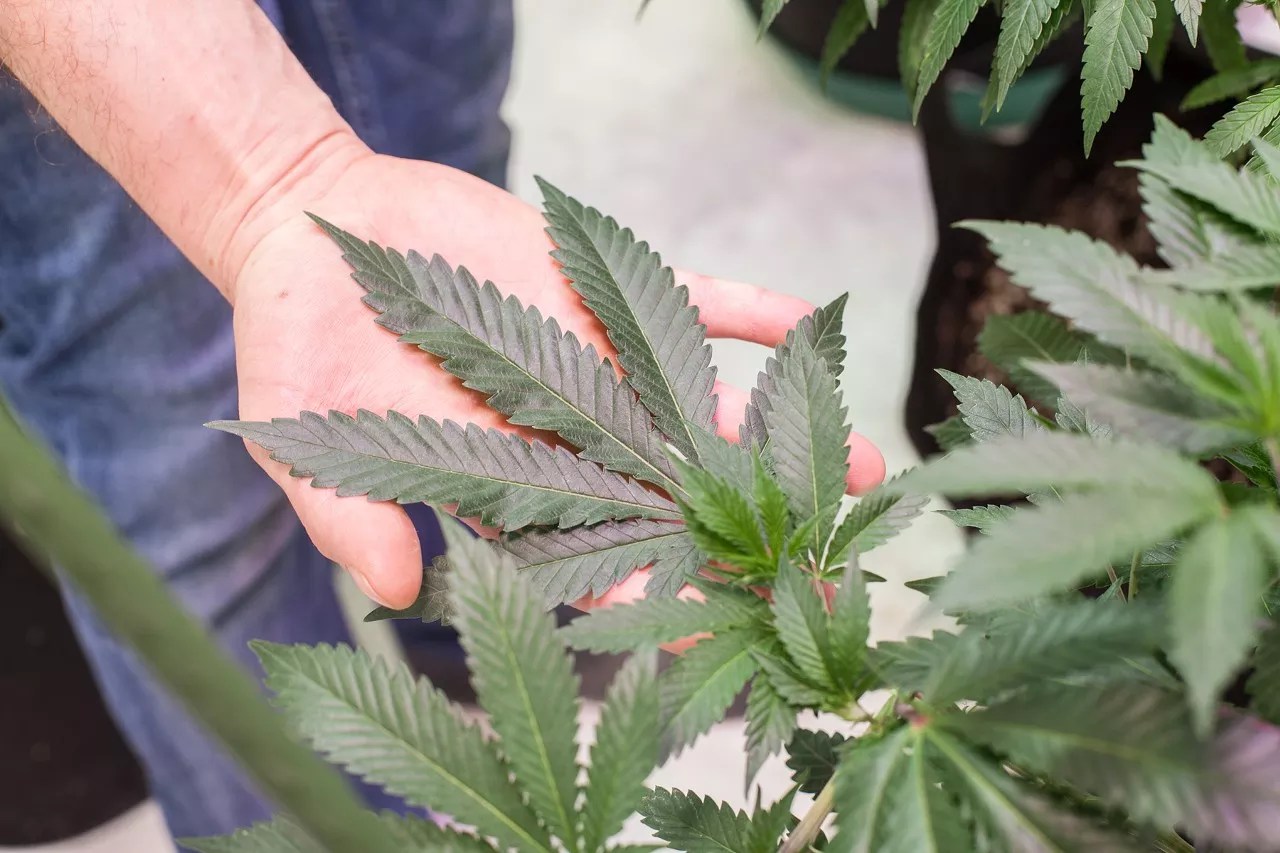
Jacqueline Collins

Audio By Carbonatix
At the start of 2020, Governor Jared Polis and the Department of Regulatory Agencies unveiled a road map to getting the state’s marijuana industry more access to banking services. Has Colorado stayed the course?
Commercial pot accounted for well over $2 billion in sales in Colorado in 2020, but there are still limited banking options for marijuana businesses trying to deposit cash, open lines of credit and apply for loans. Until the plant is legalized federally or Congress passes legislation protecting cannabis banking, though, pot and pot-related business will never be fully protected.
Because they work with a federally controlled substance, marijuana businesses are often forced to operate in cash. While there are state-chartered banks and credit unions that will serve marijuana businesses, that service is done at a much higher risk for the bank, and at a much higher cost for the marijuana business, according to Ashley Burt, president and CEO of the Gunnison Bank and Trust Company.
“The stakes got a lot higher. There was a lot more activity, and it was scrutinized a lot closer,” Burt said during a recent town hall held by the state Marijuana Enforcement Division. “We aren’t gouging the industry. We look at this risk in two buckets: There was legal risk and threat of criminal prosecution. Then there was the compliance risk. A lot of people assumed we charged a premium for the legal risk, and that wasn’t the case.”
Burt, who is also on the board of the Denver branch of the Federal Reserve Bank of Kansas City, said that his bank quickly came to terms with the legal risk after various announcements and legal memos from President Barack Obama’s administration suggested that the U.S. Attorney’s Office take a hands-off approach to state-legal marijuana industries. However, once the money started to really come in, “the regulatory requirements became much more intense,” he noted.
Gunnison Bank and Trust now employees a full-time staff of four people to track marijuana accounts, Burt said, simply because “there is no banking regulation in this space. There is no banking regulation at the federal level or the state level.”
According to DORA, its divisions of banking and financial services have been working to provide more regulatory clarity for financial institutions interested in marijuana clients, sending out a checklist of compliance expectations for marijuana bankers under the Banking Secrecy Act and offering similar guidance for financial institutions serving the hemp industry. Over the past two years, DORA has also reviewed state money transmitter requirements in regard to marijuana businesses, released a guide for state regulators to assist in oversight of marijuana finance, and updated chartering requirements for marijuana businesses.
What has all that governmental gobbledygook actually done? Although piles of cash are still very much a part of Colorado’s marijuana industry, more financial institutions are starting to get involved. As many as 35 Colorado banks and credit unions were serving marijuana businesses in 2019, according to the Associated Press, and the deposit amounts are only going up. Since it began accepting marijuana business, the Colorado Credit Union’s Safe Harbor Private Banking branch has seen annual pot-related deposits go from $153 million in 2015 to over $3 billion by the end of 2020, according to the company.
“There’s a good amount of Colorado [marijuana] that is already banked,” Safe Harbor founder Sundie Seefried said during the MED town hall.
Safe Harbor intentionally started slowly five years ago, to ensure regulatory safety and sustainable growth, according to Seefried. Now the credit union is expanding into other financing opportunities, she explained, even providing loans on commercial real estate for the marijuana industry.
But as long as marijuana remains a federal issue, a road map can only take Colorado so far.
“Until there is legislation at the national level, this issue will continue to be complicated, and we recognize that,” DORA executive director Patty Salazar told marijuana business owners during the town hall. “There will continue to be an inherent public-safety issue, as well as a higher risk for criminal activities, such as money laundering.”
Congressman Ed Perlmutter’s SAFE Banking Act could be the legislation that Salazar is asking for. The bill would protect banks serving legal marijuana businesses from federal prosecution. It passed the U.S. House of Representatives in 2019 – but SAFE still hasn’t received a hearing in the Senate, and its chances remain slim if Republicans continue to control the Senate.
If federal banking protection is finally passed – or marijuana is legalized – there will likely be a rush to “over-normalize” marijuana financing by banks across the country, Seefried says. But marijuana banking isn’t something that will ever be normal, she adds, pointing to the financial regulations of other industries.
“Liquor stores, casinos – those still aren’t normalized banking, either,” she said.